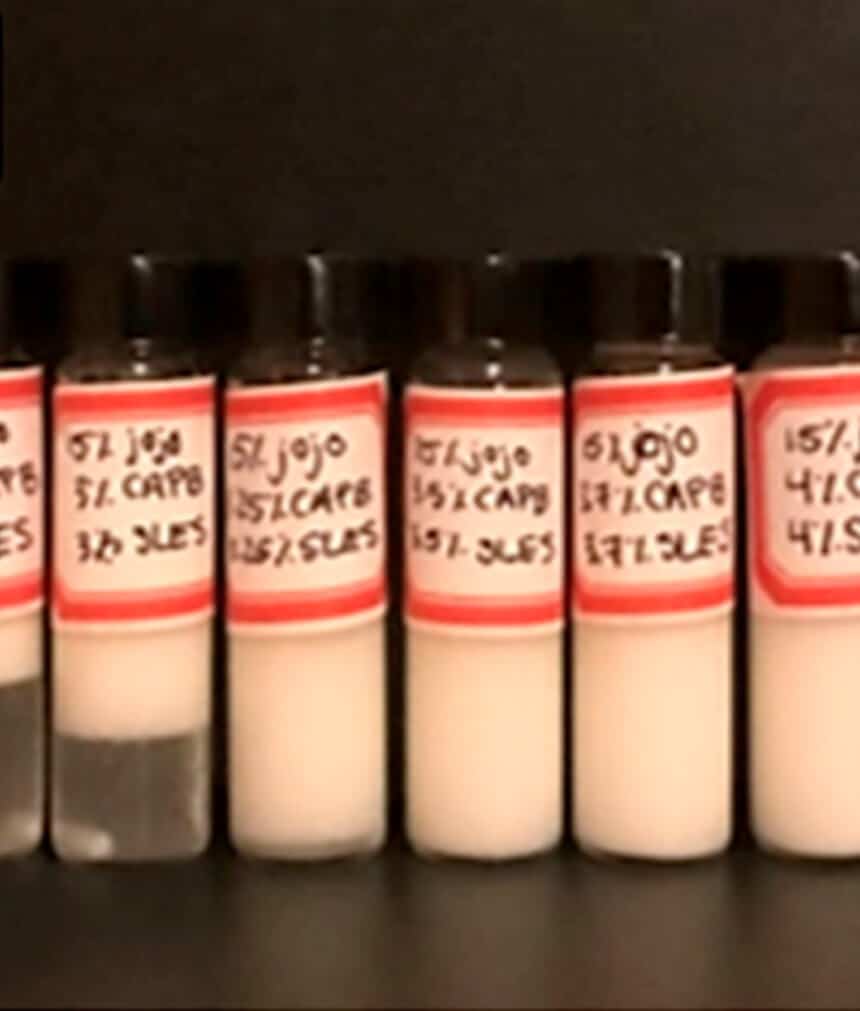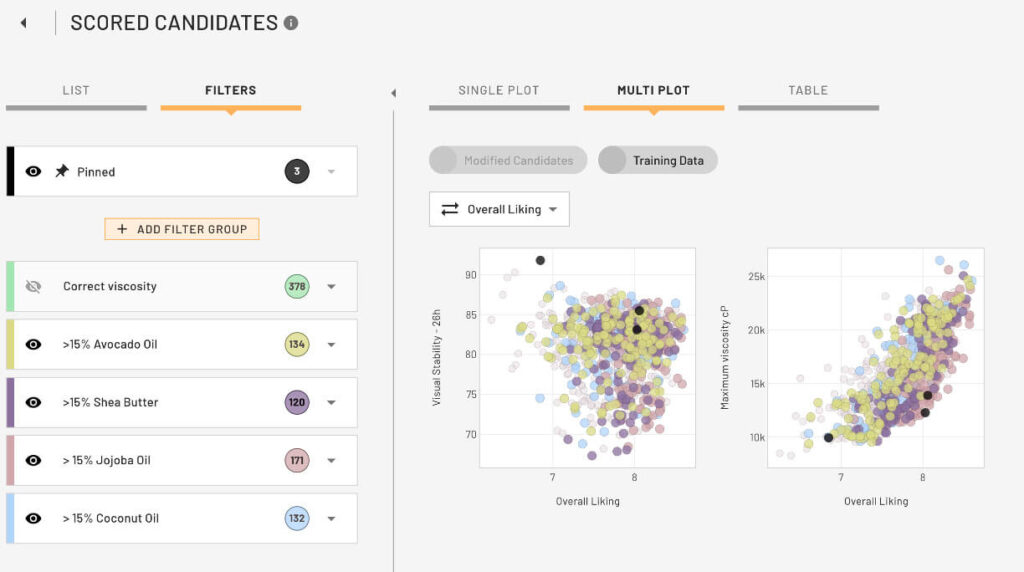Author: Hannah Melia
Recent consumer trends favour sustainably sourced, naturally-derived ingredients. According to Nielsen IQ,
“responsible sourcing is one of the most important sustainability claims to 45% of consumers. A further 24% of consumers want brands to increase their use of ingredients produced in a more sustainable way.”
Another trend is for younger generations to buy cosmetics and other personal care products directly online from a variety of sources, in their own countries or from abroad, with social media influence being important in their choices.

One way that direct-to-consumer (dtc) brands can differentiate themselves from the big brands is by using sustainably sourced and “clean” ingredients. Many larger brands, who have been hit by up to 20% loss of market share, are now playing catch up in this area and reformulating their products. The quicker they can get these new products to market, the better.
There are, however, challenges in doing this. Properly developing a product that is safe, effective, attractively priced, stable – and above all, well liked – isn’t easy. Product developers need to be multi-disciplinary, combining scientific understanding of formulations, psychosensory drivers of consumer liking, and practical knowledge of production and business considerations.


In particular, there are two areas of personal care formulation that take time. Time dependent tests, whether looking at photostability, emulsification and separation, or preservative effectiveness, require lab technicians to bottle test samples and wait! Sensory panels and in-use tests also take time to recruit, organize, and carry out.
The fewer rounds of these time consuming and expensive tests, the better.
This is where AI can help. Sequential learning using the Citrine Platform has been shown to reduce the number of experiments needed to hit product objectives by 50-70% depending on the project. In fact, one of Citrine’s customers, a large CPG company, developed naturally derived replacements to petrochem-based ingredients in skin care products in 80% less time, compared to their usual development process.

AI can help to predict long-term stability from short term stability data and predict overall liking from formulation information, leading to quicker lab tests. AI is not going to replace sensory panels, or the opinions of real consumers, but it can give you more confidence that what you are taking to them is going to work.
Many consumer product companies are already using this technology to accelerate their development processes. Those that jump on board last will lose out.